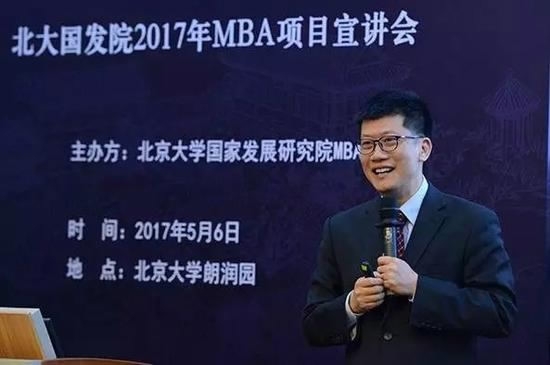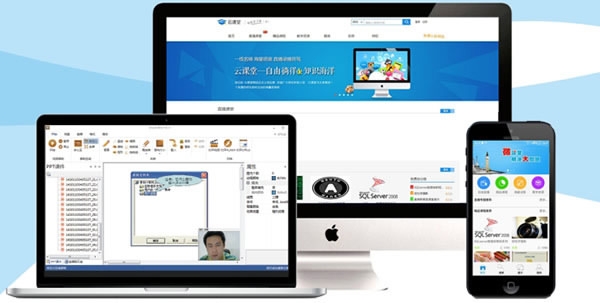
Culture
14:50, 29-Sep-2017
Online education - truly innovative or just traditional education online?
CGTN

Peking University professor Xue Zhaofen’s economic courses cost 199 yuan online, as part of the “tuition” per person. He’s made nearly 35 million yuan from over 170,000 online users in nearly 7 months.
Despite the popularity of social media and mobile payment systems, the idea of a “pay for knowledge” program – or online educational platform – has made people question whether or not this form of education is truly valuable.
In 1996, 101 Online Schools started off as the first online school in China – marking the start of online education in China. Now, there are many online education providers including New Oriental, 51Talk, and YY education.

Xue Zhaofen at a seminar for MBA program. /Photo via sina.com
Xue Zhaofen at a seminar for MBA program. /Photo via sina.com
At present, online education covers large fields like basic education and learning, vocational learning, language learning, IT learning, higher education and so on.
Due to the ease of entry, imperfect industry rules and the uneven quality of training institutions, complaints of dissatisfaction have occurred frequently, making the online education industry constantly in chaos.
Whether it is on a mobile phone or a computer, a variety of online education advertising is meant to dazzle users: one-to-one lessons, VIP tailor-made online courses, “great teacher” courses are among some of the examples.
“It is appealing to me because the advertisement said the online course got great teachers to teach the course,” said Zhang Chi, an online course user. “No more than 100 yuan for a course, I think this is a good deal.”
Zhang said he was pulled into a QQ online chat group with the teacher and other students after registering online. When the course started, “I thought it was my connection problem, I can’t really hear what teacher was talking about. But then a lot of others in the group also reflected the same issue. We all thought the problem is on the equipment they use.”

Photo via 100.com
Photo via 100.com
Zhang then said what was most disappointing was the “great teachers” turned out to be not great at all and their course content was not as good or useful as the provider had claimed.
Although customer service said that QQ groups facilitate the communication between teachers and students, with hundreds of people watching at the same time, Zhang’s question has never been answered by the teacher.
Zhang was recommended to try the other two courses – a “small class” (limited to 10 people) and a VIP course, with a cost of 500 and 2,000 yuan respectively.
According to iiMedia, a mobile internet research firm, the online education market had over 90 million users and 150 billion yuan in investment money in 2016. This is expected to increase to 160 million users and over 269 billion yuan in investment money by 2019.
With more online resources, what has been called innovative interactive online education courses is often nothing more than an online version of an offline course.
The “online education model has attracted a large amount of capital into the online education field, but in fact, all of the online education models maintain in the stage of a 'imparting model.' This one-way education model is essentially traditional education,” said Xiong Bingqi, Vice President of 21st Century Education Research Institute.

SITEMAP
Copyright © 2018 CGTN. Beijing ICP prepared NO.16065310-3
Copyright © 2018 CGTN. Beijing ICP prepared NO.16065310-3